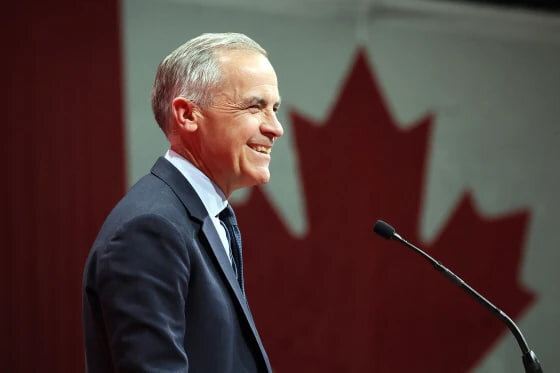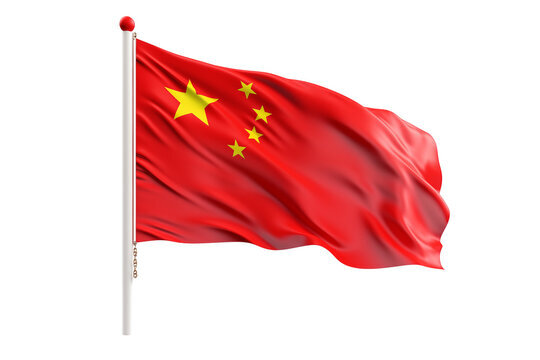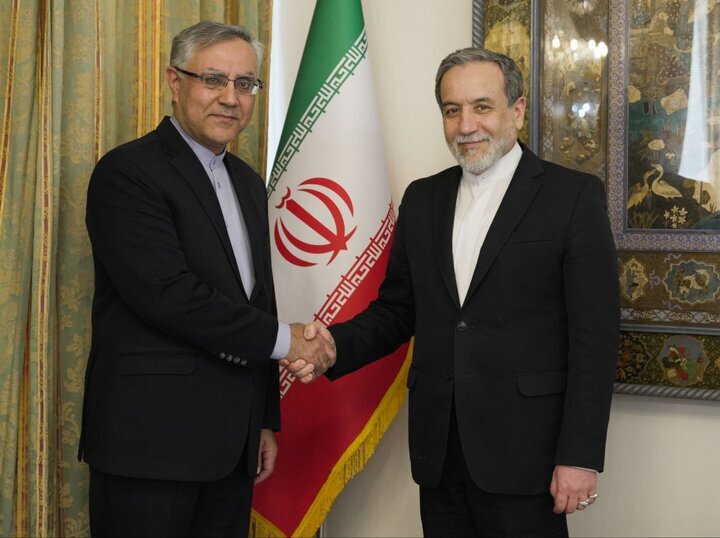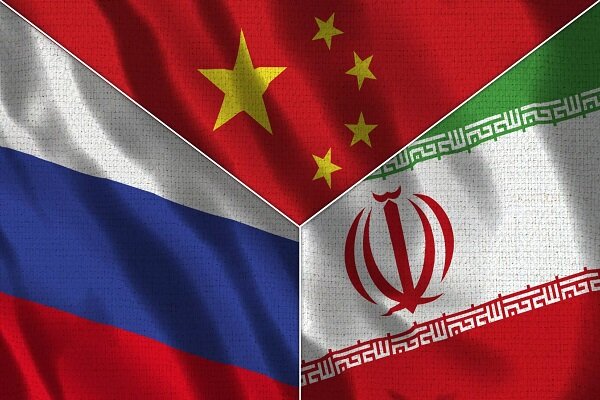PM Carney Celebrates Election Win: Canada Stands Strong Against Trump Influence!
In a landmark moment for Canada, Prime Minister Mark Carney declared victory in the recent federal elections, emphasizing that the nation will never yield to the United States. This election was marked by **provocative actions** and **steep trade tariffs** imposed by U.S. President Donald Trump, which significantly influenced the campaign landscape. Carney’s message resonated with voters as he promised to unite a divided nation and represent everyone who calls Canada home.
“As I have been warning for months, America wants our land, our resources, our water, our country. But these are not idle threats. President Trump is trying to break us so that America can own us,” Carney stated, highlighting the **escalating tensions** between the two nations. This declaration of independence underscores Canada’s intent to protect its sovereignty.
Carney continued, reiterating the **importance of self-reliance** in light of the shifting dynamics in U.S.-Canada relations. “We are over the shock of the American betrayal but we should never forget the lessons. We have to look out for ourselves. And above all we have to take care of each other,” he emphasized.
Canadian voters have returned the Liberal Party to power for a fourth consecutive term; however, it remains uncertain whether Carney has secured a majority or will need coalition partners to effectively govern. The threshold for a majority government is 172 seats, and projections indicate a minority government, although it is still too early to confirm the exact outcome.
- Conservative opposition leader Pierre Poilievre conceded defeat, acknowledging that Carney had won enough seats to form a “razor thin minority government.”
- Carney, a former central banker aged 60, has emerged as a prominent voice against Trump since winning the party leadership contest following former Prime Minister Justin Trudeau’s resignation.
- His campaign centered on defending Canada from perceived threats of annexation by the U.S., positioning him as a staunch protector of Canadian interests.
Despite initial expectations that Poilievre would secure victory, the political landscape shifted dramatically due to Trump’s tariffs and threats to Canadian sovereignty. During his concession speech, Poilievre expressed his commitment to work collaboratively with Carney and other parties to protect Canada’s interests, stating, “We will always put Canada first as we stare down tariffs and other irresponsible threats from President Trump.”
Carney’s political inexperience has not hindered his ability to connect with the electorate. His extensive background in finance, including steering governments through major economic crises, has positioned him as a credible leader capable of navigating turbulent times. As governor of the Bank of England, he played a critical role in guiding the UK through Brexit, drawing parallels with the challenges Canada now faces.
Throughout the campaign, Carney promoted the idea that Canada must forge its own path, independent of U.S. influence. He presented himself as an experienced professional from the political center, ready to guide the nation through economic uncertainty.
“I understand how the world works,” Carney told podcaster Nate Erskine-Smith, emphasizing his familiarity with major corporations and financial institutions. He aims to leverage this expertise for the benefit of Canada.
Carney has been vocal about the **serious economic threats** posed by Trump’s tariffs on Canadian exports. The imposition of a 25% duty on Canadian steel, aluminum, cars, and car parts, along with potential tariffs on pharmaceuticals and lumber, has shaken the Canadian economy. Carney has not shied away from acknowledging the “tough days ahead” for employment in Canada.
In response to these challenges, Carney has pledged to “build things in this country again,” aiming to reduce reliance on the U.S. by fostering the development of new homes, factories, and sources of clean and conventional energy.
While Carney is open to continued discussions with Trump, he is also actively seeking to strengthen ties with more dependable allies. Notably, his first trip as Prime Minister was to Europe, where he engaged with French and British officials to enhance security and economic partnerships.
In his victory speech, Carney asserted that future discussions with Trump would center on the economic and security relationship between two sovereign nations. “And it will be with the full knowledge that we have many, many other options than the US to build prosperity for all Canadians,” he remarked confidently.
Experts believe that many Canadians view Carney as well-equipped to manage a trade war with a long-standing ally. “In a crisis, it’s important to come together and act with purpose and with force. And that’s what we will do,” Carney stated earlier this month, positioning himself as a vigilant leader prepared to confront Trump’s challenges.
Another significant outcome from the elections was the uncertain future of the National Democratic Party (NDP), which has not secured enough seats to maintain its status. Party leader Jagmeet Singh announced he would step down after failing to retain his seat. “He has an important job to do, to represent all Canadians and to protect our country and its sovereignty from the threats of Donald Trump,” Singh stated regarding Carney’s responsibilities moving forward.
As Canada embarks on this new political chapter under Carney’s leadership, the nation faces both challenges and opportunities in redefining its relationship with the United States and reaffirming its sovereignty on the global stage.






